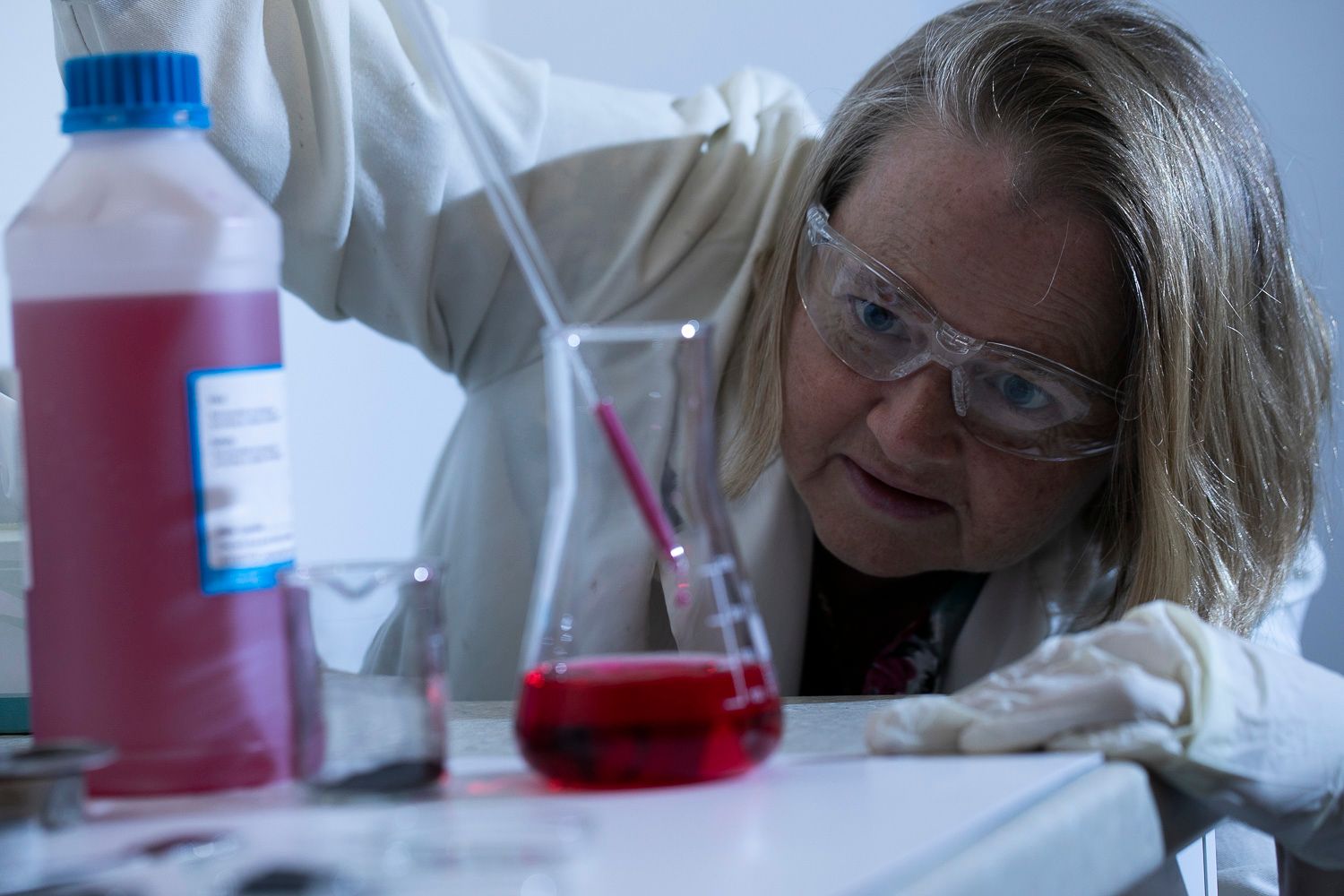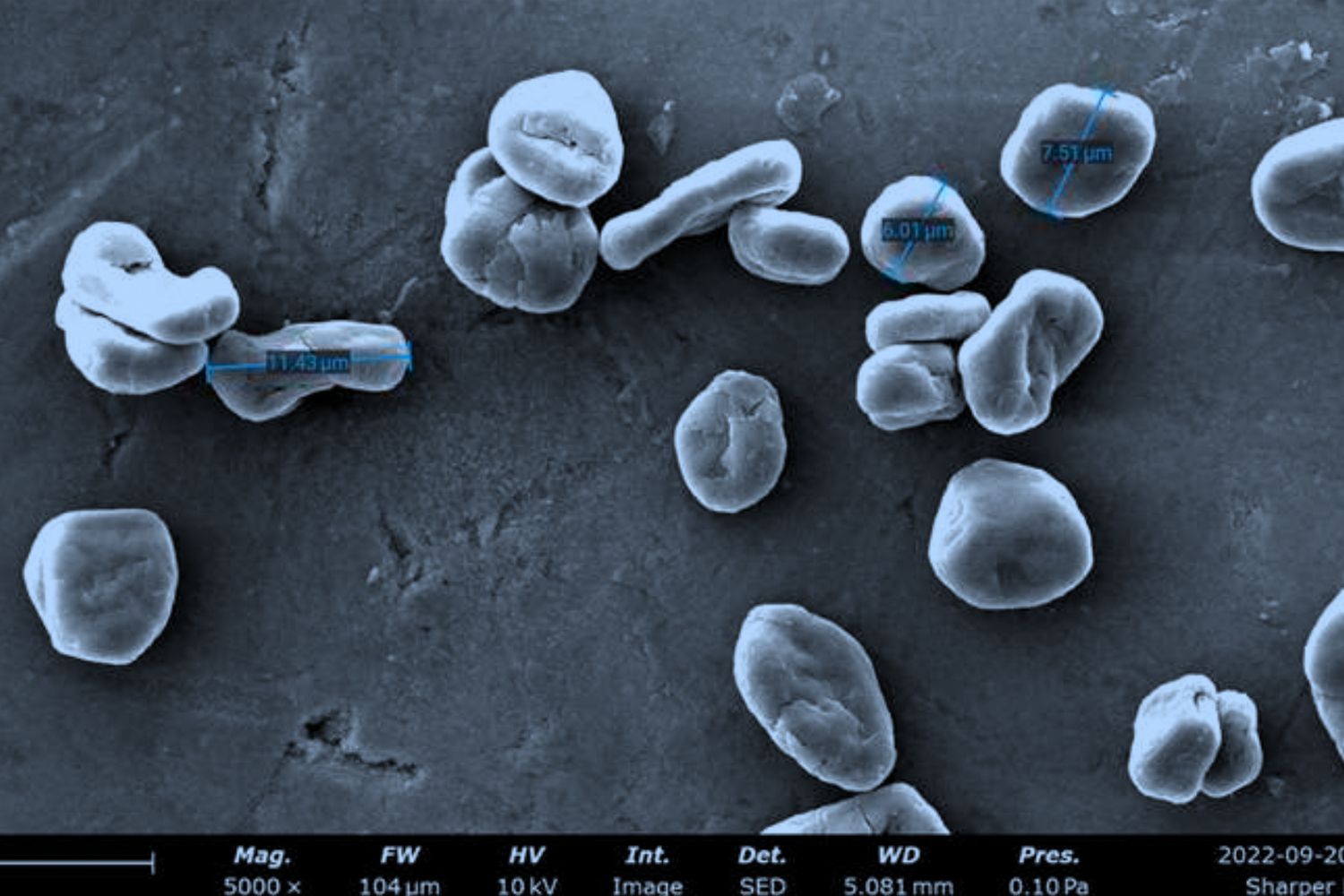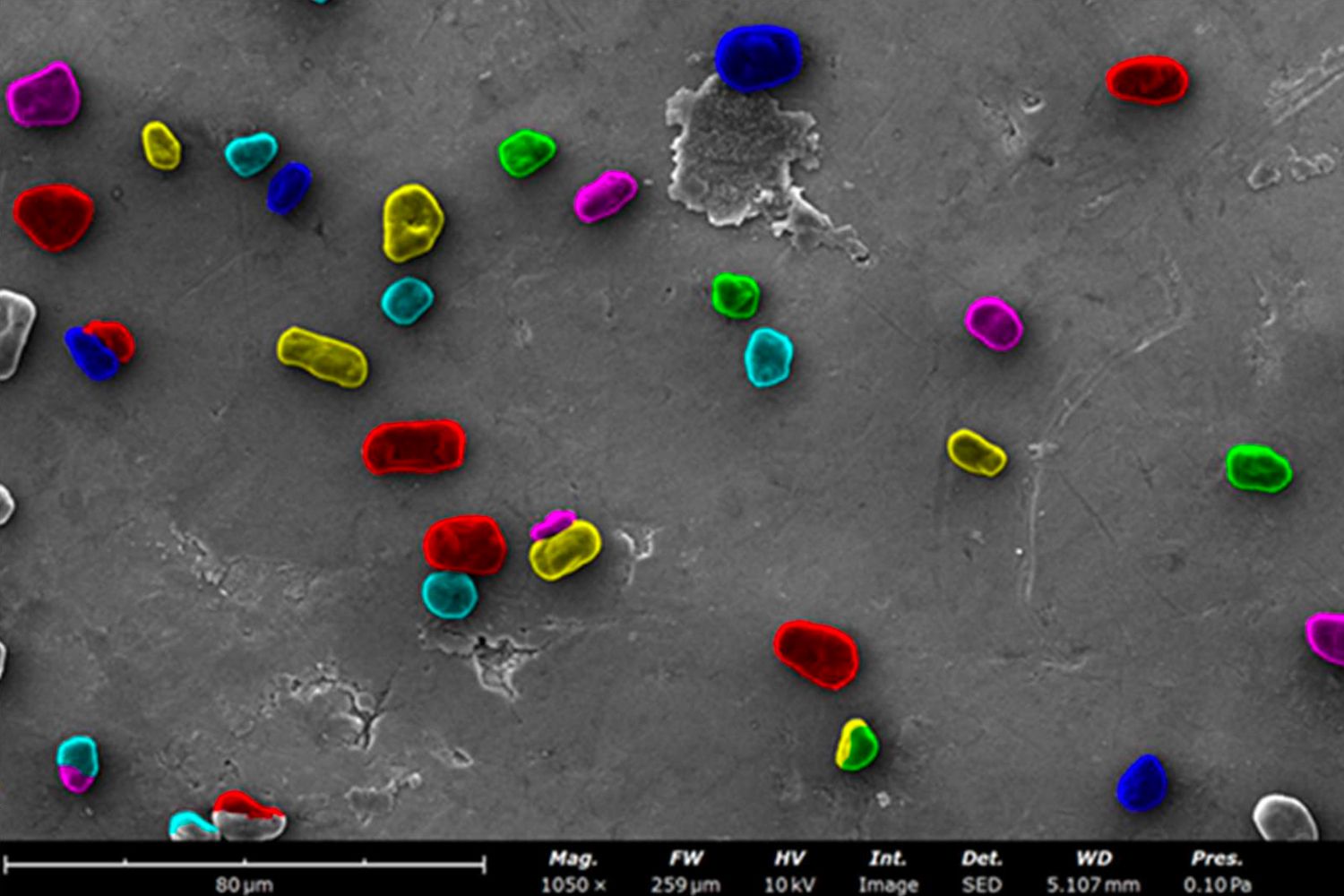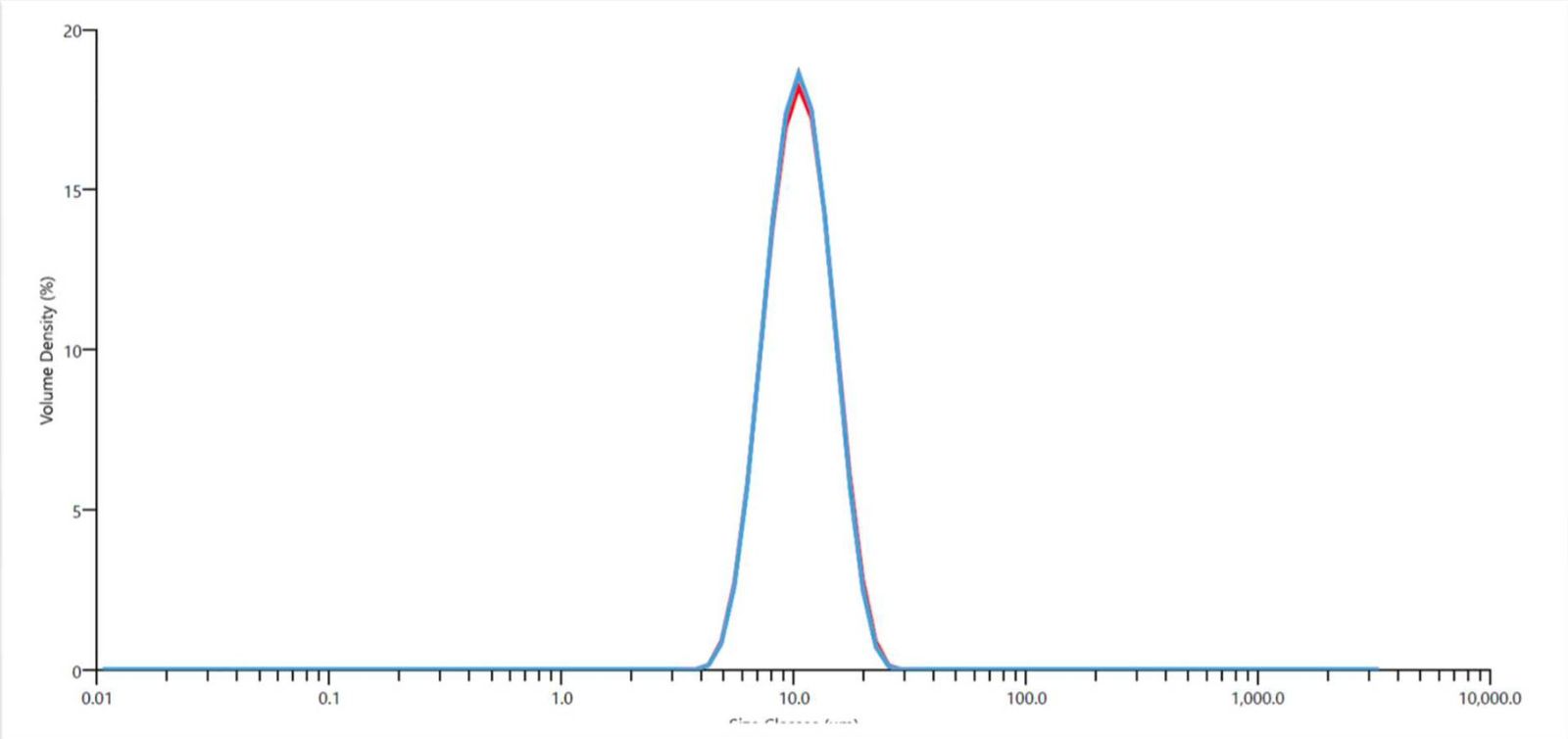International Graphite is building a multi-faceted downstream processing operation at Collie, in Western Australia, to meet global demand for graphite products and maximise the value of its graphite resource.
Over the past six years, the company has developed significant technical expertise and achieved notable milestones, including the successful commissioning of a qualification scale micronising plant – the largest and most advanced facility of its kind known to be operating in Australia. The plant is producing sample product for customer qualification and acceptance testing.
Development is now underway for Australia’s first commercial micronising plant. Stage one will have a nominal capacity of 4000 tonnes a year with stage two expected to almost double output to 7,500 tonnes. The plant is due to be operational in 2026. In March 2023, the Company released the Definitive Feasibility Study which showed a strong economic outlook for the facility.
Collie is also the centre of International Graphite’s research and development program for battery anode material and will use third-party fine flake graphite as feedstock until the company’s Springdale graphite resource comes online. In the future, it is expected that micronised and spheroidised graphite product will be further purified and coated at Collie to produce a finished battery anode material product suitable for lithium-ion battery anodes.
The facility is certified to International Quality Standard ISO9001:2015 for the processing, assaying and supply of graphite to agreed specifications.





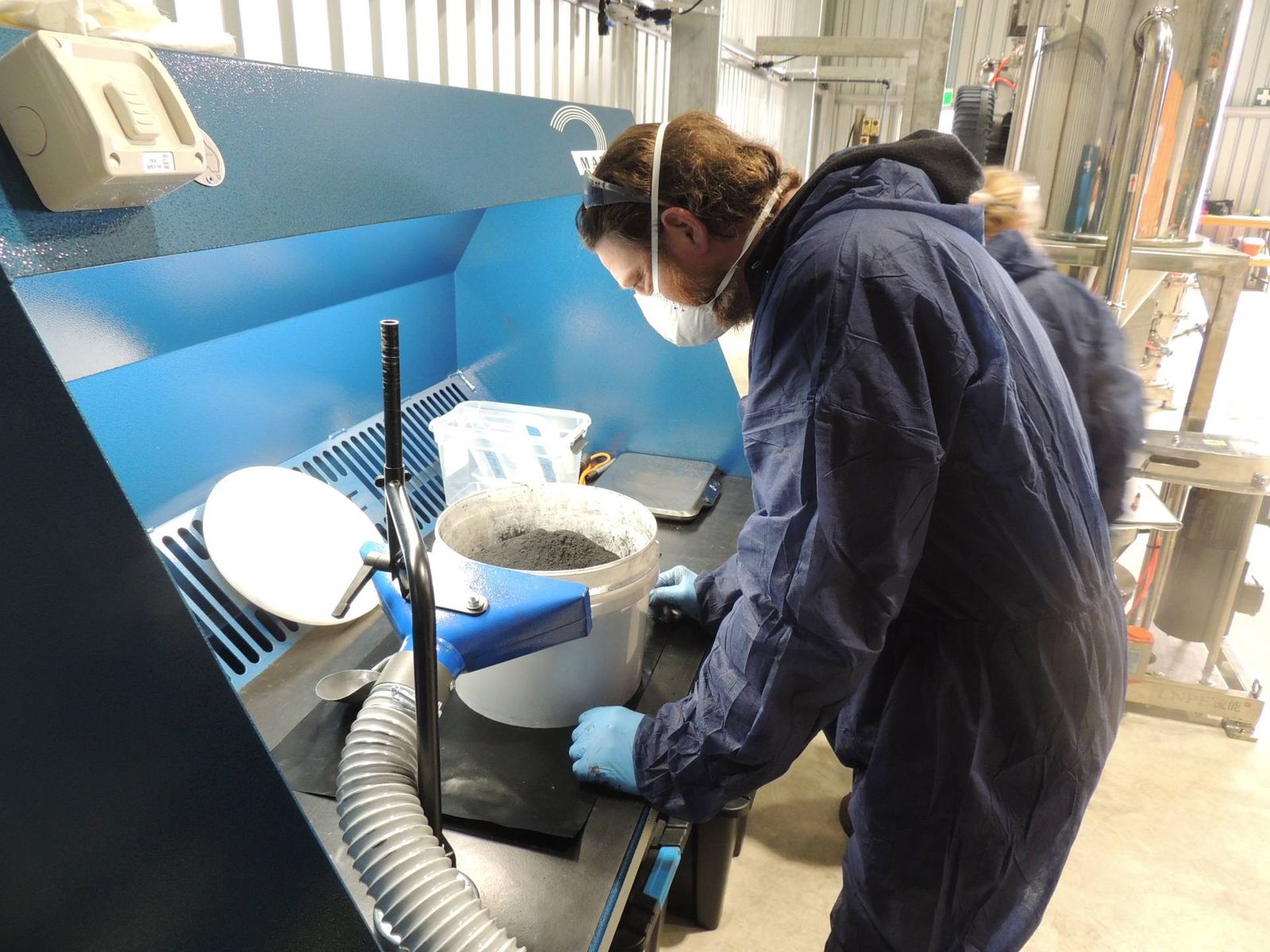
Micronised Graphite
A full-scale commercial micronising plant is under construction in Collie with a nominal 4000 tpa capacity that will produce micronised graphite as an additive for industrial products. The Collie plant will use graphite concentrates to produce a range of products at both 95% TGC and 99% TGC in different size fractions. As one of world’s most versatile manufacturing materials, micronised graphite is used for many high-demand industrial applications, such as polymers, lubricants and battery cathodes.
Research and Development
Research and development is underway at Collie to establish a new and environmentally responsive graphite purification process. The company has taken delivery of a speciality high temperature furnace and will be investigating thermal purification as an alternative to traditional alkali or acid based purification methods. The micronised and spheroidised graphite is purified to >99.95% and then coated, turning it into a smooth and highly conductive material suitable for lithium-ion battery anodes.
